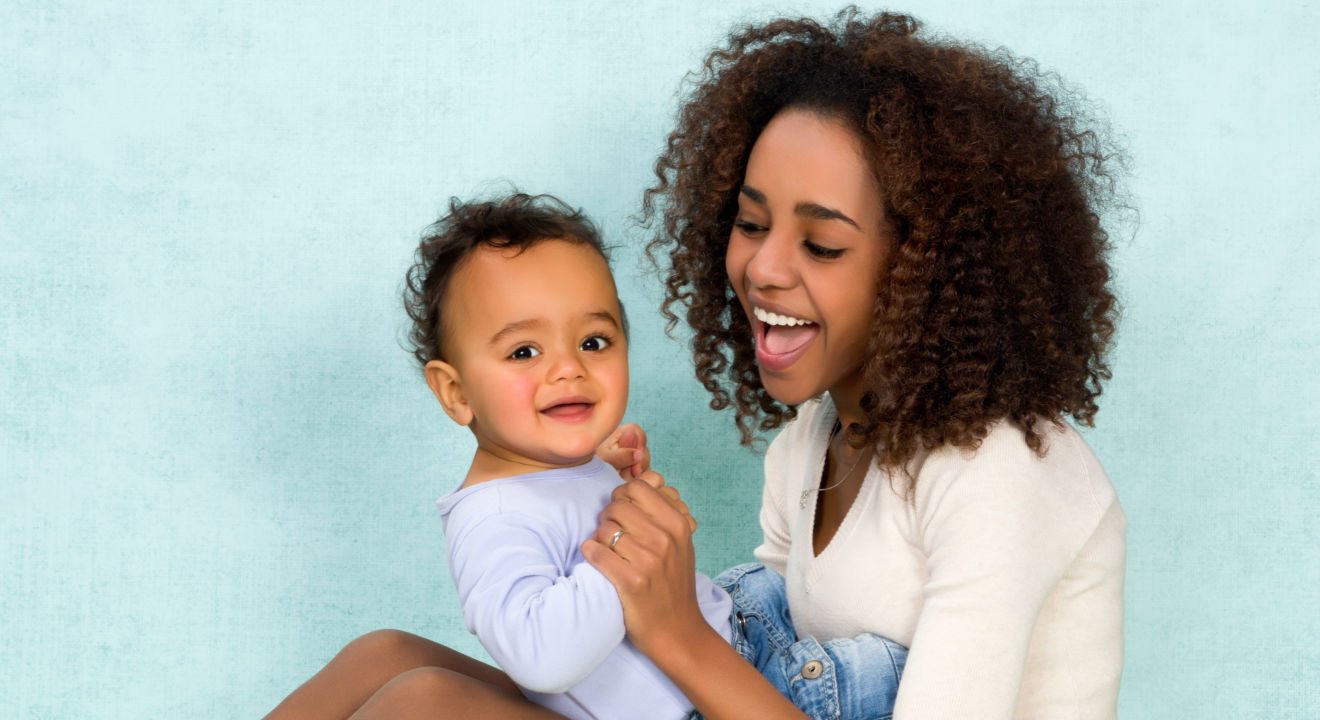Relationships December 14, 2016


At least once, every woman has experienced – or at least heard of – baby fever. Baby fever incites you to you coo at pictures of babies in magazines, say “Aww” at toddlers in commercials or feel insanely jealous when you find out your friend is pregnant.
Let’s get debunk one myth right off the bat. Women are not the only ones who get baby fever. Men also experience baby fever, but it is more likely to happen later in life. One study found that women are more likely to experience baby fever in their 20s, while men are more like to feel it in their 30s and 40s.
But what exactly causes baby fever? Does it have to do with hormones? Is it like menopause? Is is a biological thing?
READ MORE: How to Plan Ahead for Maternity Leave
One husband and wife team set out to find the answers. Gary and Sandra Brase conducted formal surveys and explored the different ways baby fever develops in men and women. They determined three possible ways the craving to have children is established: sociocultural, byproduct and adaptionist.
The sociocultural view posits that people, but women especially, are acculturated to crave babies. That is to say that women are bred culturally to want children. Women might possibly want babies because their parents and grandparents and great-grandparents did and they are expected to follow the same path.
The byproduct theory is that women want to have kids to fulfill a need to nurture another human being. The Brases didn’t pay too much attention to this particular theory because it really doesn’t tell the whole story and doesn’t necessarily include men.
READ MORE: 5 Schools That Embrace Motherhood
The final theory is the adaptionist theory, which posits that this emotional craving arrives via a signal from the brain. It is a sort of emotional alarm clock, if you will. This particular theory seems to be the most accurate of all the diverse theories described by Tracy Clark-Flory in her Salon article “I’ve got ‘baby fever.’”
In the article she states, “This longing feels physically acute — a twitching in my ovaries, an itching in my arms to cradle. In the past, I’d always written off the cliché of the woman in her late 20s or early 30s with a ‘ticking biological clock’ as a sexist trope. Now I find myself reconsidering and wondering how real it is.”
Despite the evidence presented by the Brases, there’s still no one cause for baby fever. Depending on the quality of exposure, some men and women may or may not want kids. If the experience for any individual person with children has been positive, then he or she is more likely to have children.
Oppositely, any person that has had a negative experience with children will not be inspired to pursue parenthood. That’s not to say that these people won’t have kids. However, they are much more hesitant and less prone to the emotional craving that many men and women experience later in life.
READ MORE: Egg Freezing: Cool Fad or Hope for the Future?
So it seems that there isn’t one reason why people experience baby fever or baby aversion. The Brases, being one of the only researchers in this area, were still largely unable to answer what prompts men and women to desire children. They stated, “The short answer is that it is most likely a combination of biology, circumstances and personality.”
So why do we get baby fever? No one knows exactly, but what we do know is that baby fever happens to the best of us and is not only real but natural. So instead of hiding away from baby fever and feeling guilty when your emotions take over, learn to embrace it as a natural human reaction. If this study has revealed anything, it’s that there’s nothing wrong with craving motherhood or fatherhood.